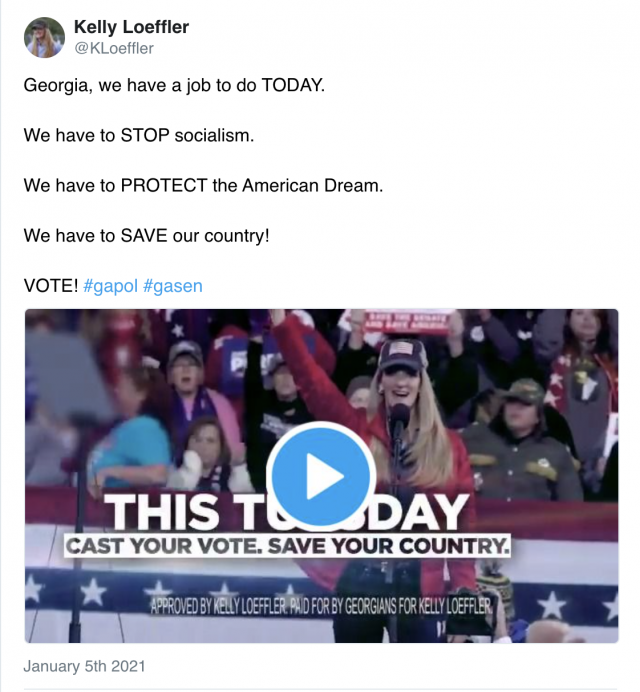On November 20, 1934, one of the most famous generals in America dropped a bombshell. Smedley Darlington Butler, USMC (retired)—a veteran of every U.S. overseas war at the time and a two-time recipient of the Medal of Honor—told a congressional subcommittee, under oath, that some of the richest and most powerful people in the United States had tried to enlist him in a fascist coup.
For months, a New York-based stockbroker named Gerald C. MacGuire (that’s right, he was Jerry MacGuire), approached Butler on behalf of powerful bankers and industrial magnates. Principally that meant his boss, the financier Grayson M.-P. Murphy, and Robert Sterling Clark, an heir to the Singer sewing machine fortune—though Butler would soon realize they likely had the support of some of the biggest names in American politics, banking, and industry.
At first, all the plotters wanted was for Butler to make a series of paid speeches to veterans’ groups, convincing them to oppose FDR’s moves to get the U.S. dollar off the gold standard. (Butler refused.)
But by the middle of 1934—with MacGuire sending Smedley postcards from a fact-finding mission in such hot vacation spots as Mussolini’s Rome and Hitler’s Berlin—the request became more sinister. MacGuire asked Butler to lead a group of 500,000 of his fellow war veterans to Washington.
In an action explicitly modeled on Benito Mussolini’s bloodless March on Rome that had brought him and his Fascisti to power in 1922, they would force FDR to bring on an all-powerful cabinet secretary—something like an unelected prime minister, sympathetic to the business interests—who would either succeed him or run the government in his place.
Butler testified:
“[MacGuire] said: ‘You know the American people will swallow that. We have got the newspapers. We will start a campaign that the President's health is failing. Everybody can tell that by looking at him, and the dumb American people will fall for it in a second.’
“And I could see it. They had that sympathy racket, that they were going to have somebody take the patronage off of his shoulders and take all the worries and details off of his shoulders.”
The committee found all of this credible. In his final report, the chairman (and future Speaker of the House) John W. McCormack wrote:
“In the last few weeks of the committee's official life it received evidence showing that certain persons had made an attempt to establish a Fascist organization in this country … There is no question but that these attempts were discussed, were planned, and might have been placed in execution when and if the financial backers deemed it expedient.”
Yet, to Butler’s neverending dismay, the investigation went no further than that. The special committee disbanded as scheduled. Congress never investigated any of the big names* Butler suspected had been involved or at least had knowledge of the coup: executives at General Motors, DuPont, and J.P. Morgan & Co.; the American Legion; Generals Douglas MacArthur and Hugh S. Johnson; and two former Democratic presidential candidates, Al Smith and John W. Davis.
